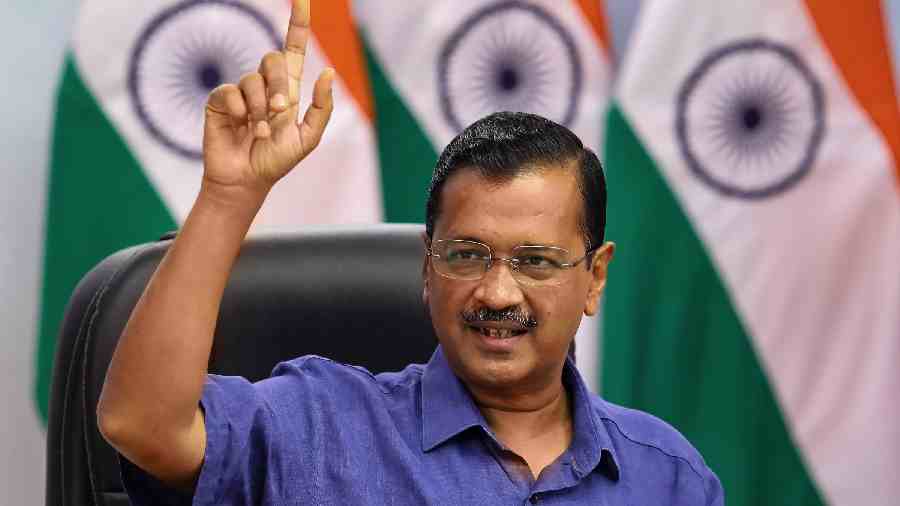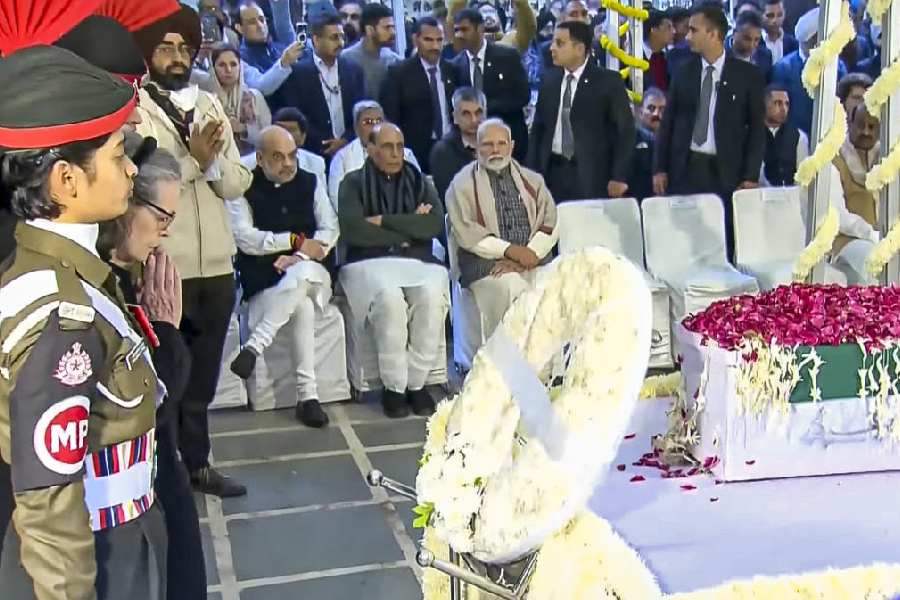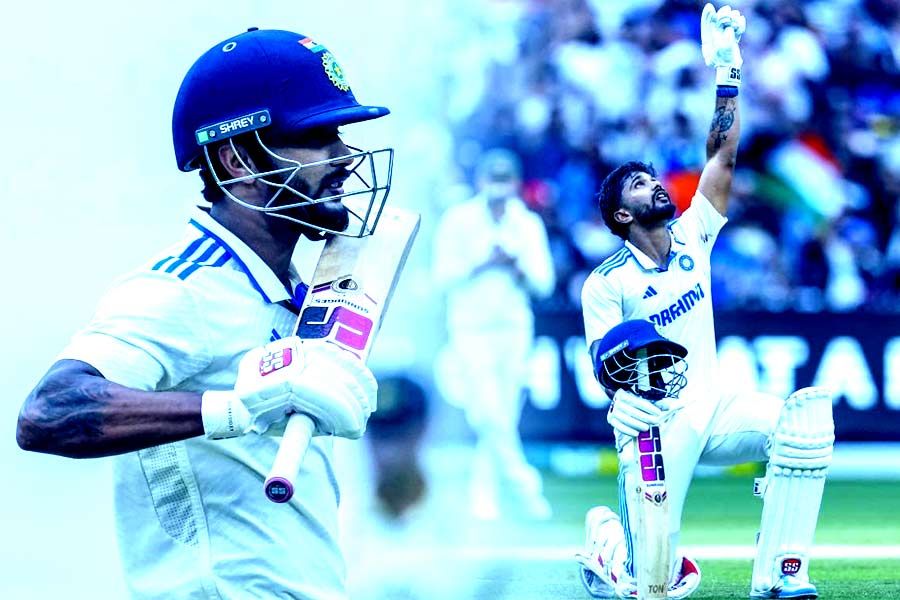The Election Commission of India on Monday granted the AAP “national party” status and withdrew the same from the CPI, the NCP and Trinamul.
The latter three retain their “state party” status which entitles them to continue the use of their respective symbols.
The EC recognises parties as “national” or “state” based on their performance. A “recognised party” is entitled to use its symbol across India or the state where it is recognised. The names of candidates of “recognised parties” appear above those of unrecognised parties or Independents on EVMs.
The Rashtriya Lok Dal in Uttar Pradesh, the People’s Democratic Alliance in Manipur, and the Mizoram People’s Conference have lost their state party status. They can continue to use their symbols for at least the next six years.
The Revolutionary Socialist Party in Bengal, the Pattali Makkal Katchi in Puducherry, and the Bharat Rashtra Samithi in Andhra Pradesh have lost their state party status in those states but retain them in other states.
The Tipra Motha Party in Tripura, the Voice of the People Party in Meghalaya and the Lok Janshakti Party (Ram Vilas) in Nagaland have gained state party status. However, the LJP’s status is subject to the outcome of Chirag Paswan’s dispute with his uncle and Union minister Pashupati Paras which the EC is yet to decide on.
The NCP and the Trinamul have gained state party status in Nagaland and Meghalaya respectively. The former also remains a state party in Maharashtra, and the latter in Bengal and Tripura. Trinamul's status in Tripura will be reviewed in 2024.
After the 2014 Lok Sabha polls, the CPI, the NCP and the BSP were sent showcause notices regarding their status, but the EC amended para 6C of the Elections Symbols (Reservation and Allotment) Order, 1968, in 2016 — without retrospective effect since 2014 — to give the parties time until the next Lok Sabha or Assembly poll to review their status. The BSP managed to regain the required vote share in the 2019 Lok Sabha polls. The Trinamul has been on notice since 2019.
The biggest loss of face is for the CPI, India’s second-oldest party after the Congress, and the only party to contest on the same symbol since the first Lok Sabha election in 1952.
CPI MP Binoy Viswam tweeted: “National recognition is of course important from technical point of view. CPI’s recognition is in the hearts of the toiling masses. It is built up with the blood, sweat and tears of the fighting people. The party will intensify its battle for democracy, secularism and socialism.”
The party remains a state party in Kerala, Tamil Nadu and Manipur.
The 1968 Symbols Order recognises a party as a state party if it fulfils any one of the five conditions: six per cent vote share andtwo MLAs or one MP in the respective election; three per cent of Assembly seats or three MLAs, whichever is higher; one MP for every 25 allotted to the state or any fraction thereof; or 8 per cent vote share in the last Assembly election.
The qualifications for becoming a national party are any of the following: A state party in at least four states; or at least six per cent vote share in the previous Assembly or general election from at least four states in addition to four Lok Sabha MPs; or, at least 11 Lok Sabha MPs from not less than three states.
In the first Lok Sabha polls, there were 14 national parties. Now apart from the AAP, there are five national parties — the Congress, the CPM, the BJP, the National People's Party (NPP) and the BSP.











